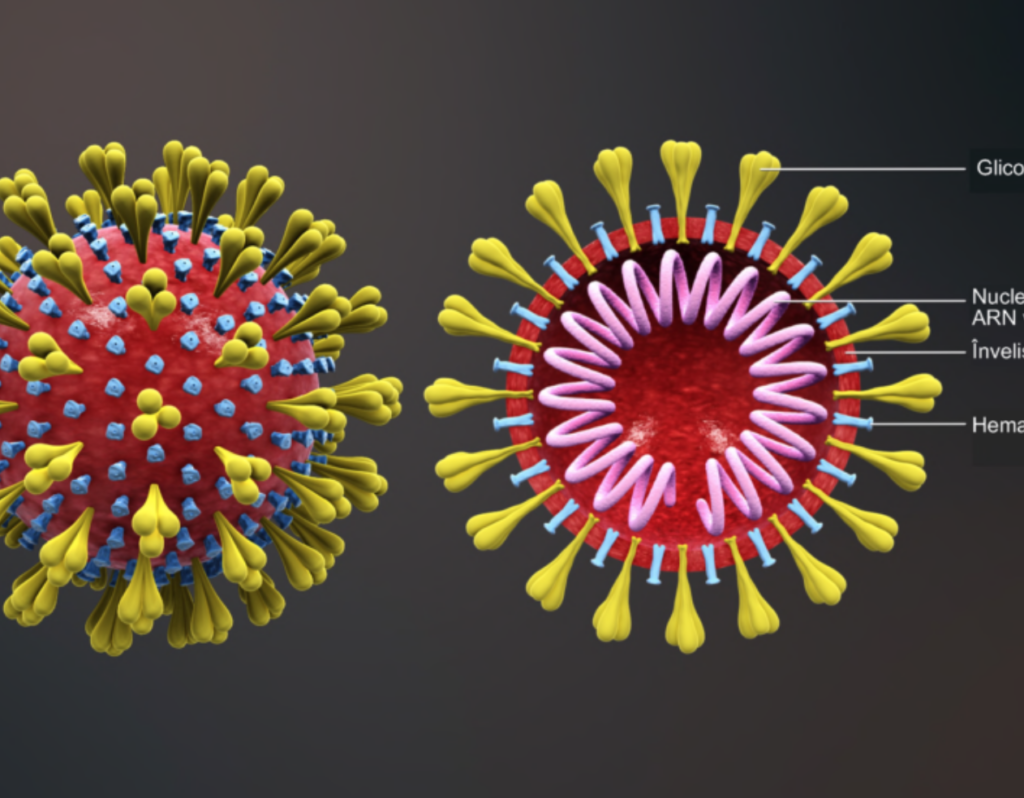Around the world, hope for a return to normalcy is pinned on a vaccine, the “ultimate weapon,” as it’s been called by officials like Dr. Anthony Fauci, director of the National Institute of Allergy and Infectious Diseases. But it’s still unclear how successful a vaccine against SARS-CoV-2, the virus that causes Covid-19, can be.
A lot will depend on how the virus mutates. Broadly, there are two ways mutations can play out.
Scenario 1: The coronavirus is unable to evade a vaccine
A successful vaccine could stop the virus dead in its tracks, but only if the virus doesn’t mutate its way around the shot. Here’s what scientists are watching for:
Like all viruses, SARS-CoV-2 is mutating as it passes from person to person. A “mutation” is just a change in a virus’s genetic code. Most mutations don’t really change how the virus functions.
Below is a glimpse at an imaginary virus. It’s doing what all viruses do: entering a cell, hijacking the cell’s machinery and using it to make many copies of itself.
Sometimes, small errors — or mutations — can show up in that replication. Those errors accumulate over time as the virus spreads from cell to cell and person to person.
To read the entire article from The New York Times, click https://www.nytimes.com/interactive/2020/04/16/opinion/coronavirus-mutations-vaccine-covid.html?action=click&module=Opinion&pgtype=Homepage
